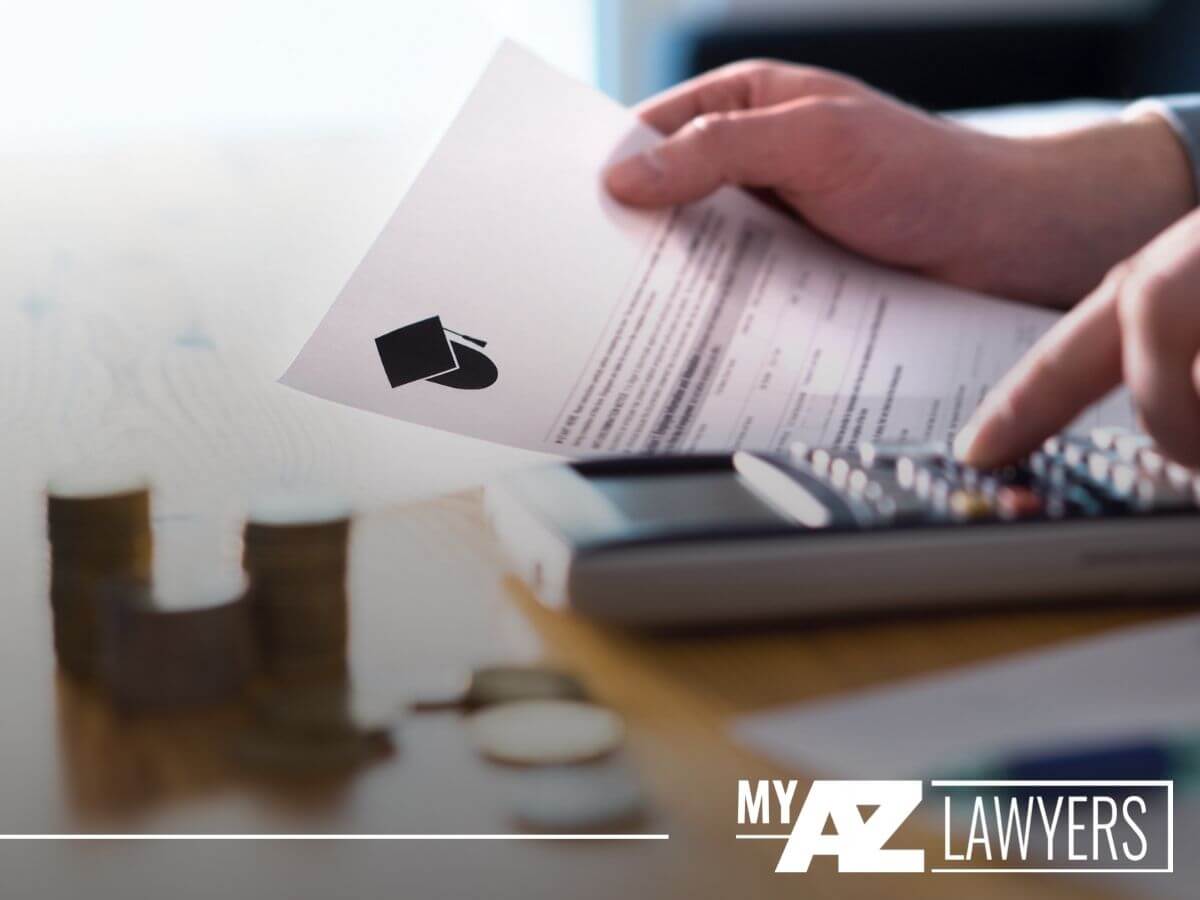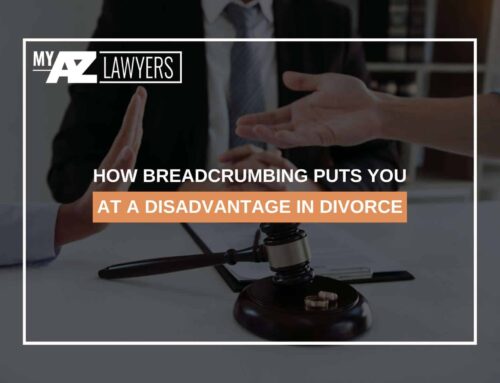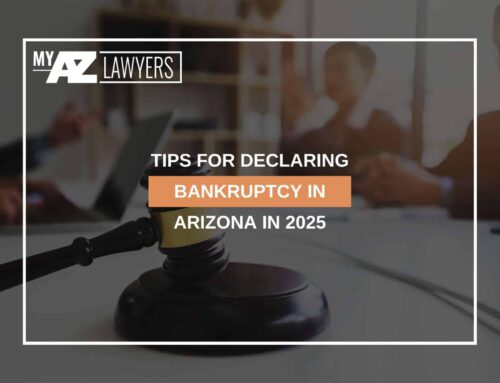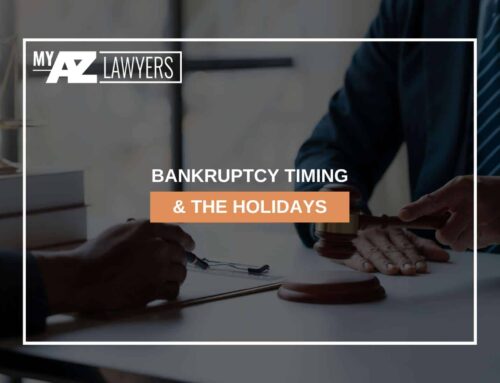Table Of Contents
How Do Student Loan Forgiveness and Discharges Differ?
Options to consider for Student Loan Debt Relief
One of the biggest debts that many people carry is a student loan (or loans). Some people are paying more than $500 or even $1,000 a month for their student loans, and they expect to keep paying them for at least a decade, if not more. That’s a lot of money coming out of the monthly budget.
It’s no wonder then that so many people with a lot of student debt are thinking about filing for bankruptcy. But ask any Tucson bankruptcy attorney if you can unload student debt in a bankruptcy and the disappointing answer will almost always be “no.” There are exceptions in which you can get student loans discharged, but they are rare and hard to get approved.
If you are unable to get your student loans discharged in a bankruptcy filing, there are other things you can do to get debt relief. One avenue may be to apply for student loan forgiveness. Here’s a look at the differences between student loan discharge and forgiveness, as well as some alternate options you can consider:

Student Loan Forgiveness
The government provides a couple of options for having your student loans forgiven. There are two programs that provide this option: The Public Service Loan Forgiveness program and the Teacher Loan Forgiveness program.
Under the Public Service Loan Forgiveness program, you have to work in the public service sector for at least 10 years. In addition, you have to have made your student loan payments for the previous 120 months, or 10 years of solid payments. Some positions in the public sector can include doctor, nurse, social worker, firefighter, or police officer. There may be other positions that you could argue are in public service.
Under the Teacher Loan Forgiveness program, you must be a teacher at a qualifying school, usually one that is in an underserved area. You must have been a teacher at such a school for five years, and you must meet other criteria. If you qualify, you will be able to have $17,500 of student debt forgiven.
Student Loan Discharge
You can have your student loans totally discharged through bankruptcy, but it is a rare occurrence. You will have to meet certain criteria to qualify. Some possibilities for getting student loan discharge include:
- Identity theft (performed to open student debt in your name)
- Fraudulent misrepresentation
- Total and permanent disability
To prove fraudulent misrepresentation, you have to show that someone signed your name to a loan application or misled you about the school or your opportunities after graduation. You can also show that someone did not let you know about reimbursement money that you should have received.
The grounds for having your student loans discharged are very narrow, and they can be difficult to prove in some cases.
Bankruptcy Protection
You may not be able to have your student loans discharged or forgiven, but you may be able to get debt relief that makes it easier to pay your student loans. Bankruptcy protection can relieve the burden of other debts, such as credit cards, personal loans, and medical bills, so that you can free up money every month and make it easier to include those student debt payments in your budget.
Chapter 7 bankruptcy can completely discharge your unsecured debts, like credit cards and medical bills. You could free up hundreds of dollars every month, depending on how much you owe. Chapter 13 bankruptcy can reorganize your debts into an affordable payment plan, including secured debts like back payments on your mortgage or car loan. You could get a more reasonable monthly payment that actually works for your budget.
Call My AZ Lawyers in Tucson to talk with a bankruptcy attorney about how bankruptcy protect might be able to help you. A bankruptcy attorney from our team will review your finances and counsel you on the best chapter of bankruptcy to meet your goals. If you feel like you qualify for student loan discharge, we can counsel you on that option and potentially help you to pursue it. Our goal is to help you get the maximum debt relief available under the law. Call us in Tucson today to schedule a consultation with a bankruptcy attorney and learn more about your options.
Arizona Offices:
Mesa Location:
1731 West Baseline Rd., Suite #100
Mesa, AZ 85202
Office: (480) 448-9800
Email: [email protected]
Website: https://myazlawyers.com/
Phoenix Location:
343 West Roosevelt, Suite #100
Phoenix, AZ 85003
Office: (602) 609-7000
Glendale Location:
20325 N 51st Avenue Suite #134, Building 5
Glendale, AZ 85308
Office: (602) 509-0955
Tucson Location:
2 East Congress St., Suite #900-6A
Tucson, AZ 85701
Office: (520) 441-1450
Avondale Location:
12725 W. Indian School Rd., Ste E, #101
Avondale, AZ 85392
Office: (623) 469-6603












